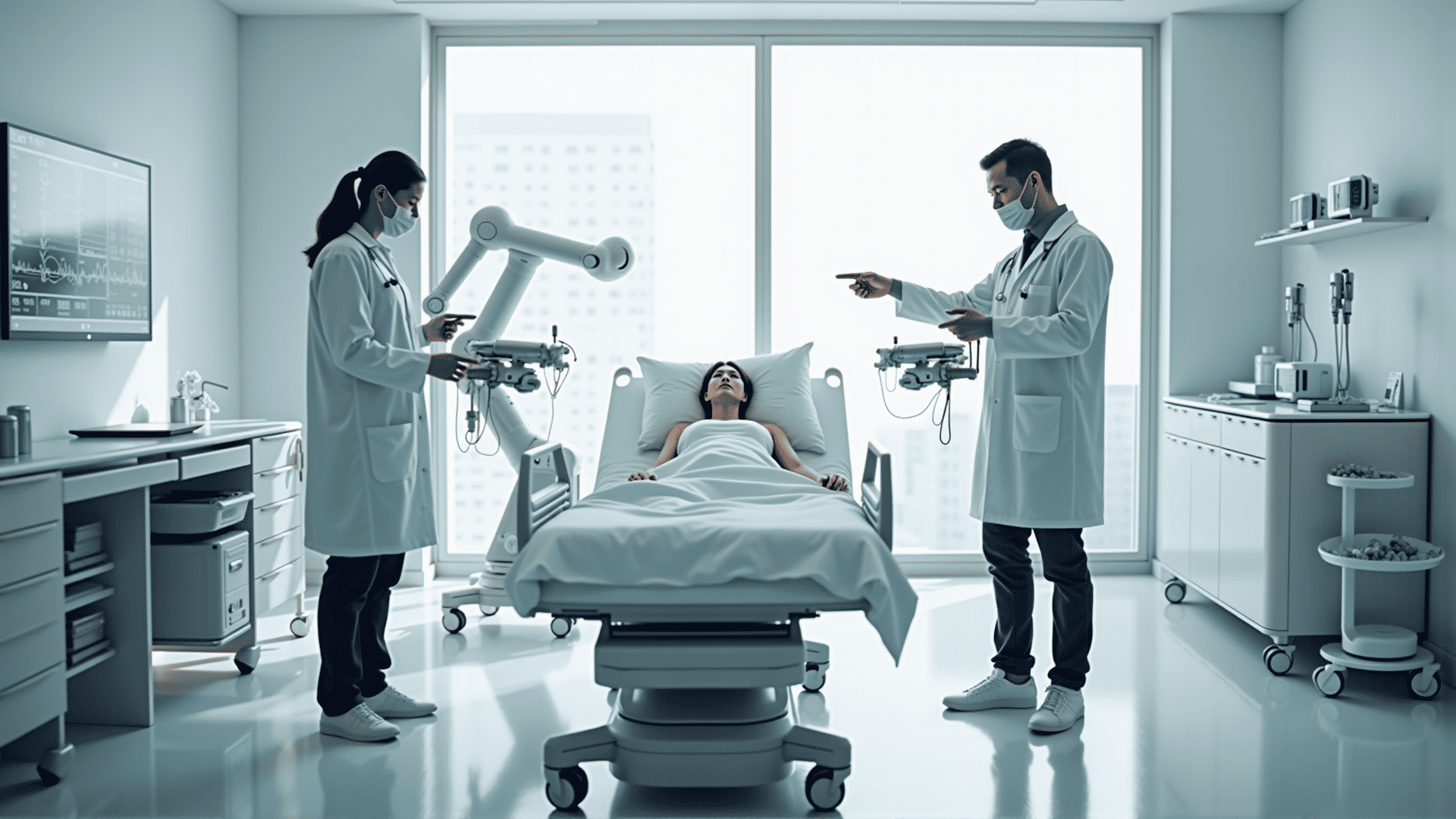In recent years, advanced technology has made significant strides in reshaping how medical services are delivered. The increasing integration of innovative algorithms and processes is revolutionizing the sector by facilitating more accurate diagnoses, tailoring treatment plans to individual patient needs, and optimizing operational procedures within medical facilities.
One of the critical areas of transformation is in detecting diseases. With its capacity to process vast amounts of data quickly and accurately, advanced technology aids healthcare professionals in identifying conditions at earlier stages. Tools designed with complex algorithms can analyze medical images more efficiently than traditional methods, offering a second opinion that complements the expertise of practitioners. This enhanced ability to detect anomalies early can lead to better patient outcomes and more effective interventions.
In terms of personalized care, cutting-edge systems help in creating individualized treatment plans. These systems analyze a vast array of data, including genetic information, past medical history, lifestyle factors, and real-time monitoring data, to formulate customized therapies. This precision approach ensures that treatments are more effectively aligned with each patient’s unique profile, potentially increasing the efficacy of interventions and reducing adverse reactions.
Furthermore, the integration of advanced systems in hospital operations is streamlining workflows and reducing inefficiencies. From managing patient admissions to optimizing scheduling and managing inventories, these smart solutions increase productivity and free up valuable time for medical staff to focus on patient care. Additionally, virtual assistants and chatbots are taking on administrative tasks, answering routine questions and providing support, which further eases the burden on healthcare workers.
Moreover, the systems enable continuous patient monitoring, offering real-time insights into patient health. Devices equipped with these technologies can track vital signs and notify healthcare providers of any concerning changes. This capability is essential in preventing complications and managing chronic conditions effectively.
In conclusion, the fusion of technology and medical care is significantly reshaping the landscape of health services. By enhancing diagnosis accuracy, personalizing treatment, and streamlining operations, innovative solutions are paving the way for a more efficient, patient-centered approach to healthcare. As we continue to harness the power of technology, the potential benefits for both patients and providers remain vast and promising.
